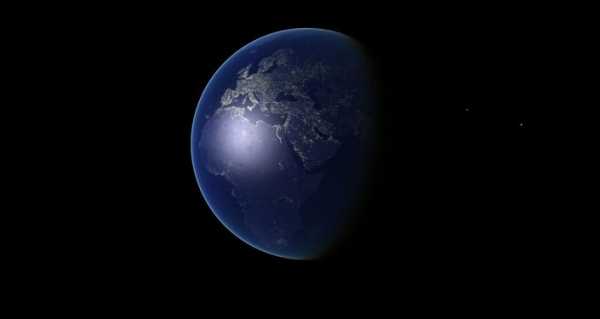
The formation of supercontinents could dramatically change our planet’s climate, researchers suggested after modelling a so-called ‘deep future’ view of Earth.
Giant landmasses made up of several continents may emerge again on our planet some 200 million years from now, scientists said at the American Geophysical Union’s online meeting earlier this month.
Researchers have considered two scenarios: in the first, in about 200 million years, almost every continent will push into the Northern Hemisphere, with Antarctica remaining in the Southern Hemisphere. The second scenario focuses on a supercontinent forming around the equator and extending into the Northern and Southern Hemispheres, 250 million years from now.
In both cases, scientists calculate what impact the supercontinents’ topography could have on the global climate, concluding that when continents are pushed into the north and the terrain is mountainous, global temperatures would be much colder than in other scenarios. If this happens, the Earth will experience a deep freeze as it had never had before, and it could last for at least 100 million years, researchers said.

East Antarctica’s Denman Glacier
According to Michael Way, lead study author and physical scientist at the NASA Goddard Institute for Space Studies in New York, over the past 3 billion years, Earth has cycled through multiple periods in which continents crowded together, forming huge supercontinents, before breaking apart. He detailed how his team carried out their modelling.
The researcher added that the most unexpected result in their models was that global temperatures were colder by nearly 4 degrees Celsius in a world with a mountainous supercontinent in the Northern Hemisphere. If such an ice age begins, this would certainly affect the biodiversity on the planet, with many species going extinct while some new species emerging to inhabit cold environments, Way explained.
Sourse: sputniknews.com
0.00 (0%) 0 votes


































